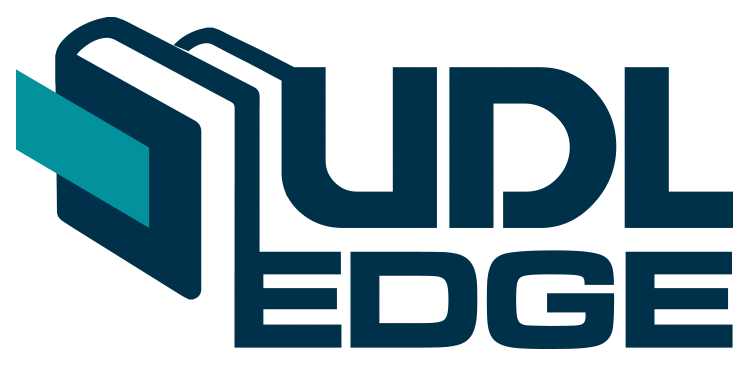The Relevance of the Earth Charter as the NGO in Promoting Dialogue Across Values and Cultures
Abstract
The Earth Charter itself is an outstanding example of a decade long, worldwide and cross cultural dialogue on common goals and shared values that can enable mankind to develop a just, sustainable and peaceful society in the 21st century. It encourages us to search for similarity in the midst of our diversity and to embrac the correct global ethics in order to bring about respect and care for the community of life; ecological integrity; social and economic justice; democracy, nonviolence and peace. However, to transform all these brilliant Earth Charter ideologies into action and sustainable development, it demands on each and every individual an undertaking to self-reform in order to be commited to the aspirations of the Earth Charter. Since the launch of the Earth Charter Initiative in 2000, many NGOs have made unrelenting efforts to disseminate the values and vision of the Earth Charter to many people around the world. To date the Earth Charter has been formally endorsed by 2,446 organizations and local governments. 780 organizations in the United States represent over 40 million people. It is through numerous dialogue sessions, seminars and conferences conducted by the NGOs that inner changes in individual's thinking and way of life take place. However, to ensure sustainable and greater success of the Earth Charter, more youth particiption in the global Earth Charter Intiative is essential.
Downloads
Downloads
Published
How to Cite
Issue
Section
License
Articles submitted to the journal should not have been published before in their current or substantially similar form, or be under consideration for publication elsewhere. Authors submitting articles for publication warrant that the work is not an infringement of any existing copyright and will indemnify the publisher against any breach of such warranty. For ease of dissemination and to ensure proper policing of use, papers and contributions become the legal copyright of the publisher unless otherwise agreed. By submitting a manuscript, the author(s) agree that copyright for the article is transferred to the publisher, if and when the manuscript is accepted for publication. However, it can be reprinted with a proper acknowledgment that it was published in KATHA.

This work is licensed under a Creative Commons Attribution-NonCommercial-NoDerivatives 4.0 International License.




